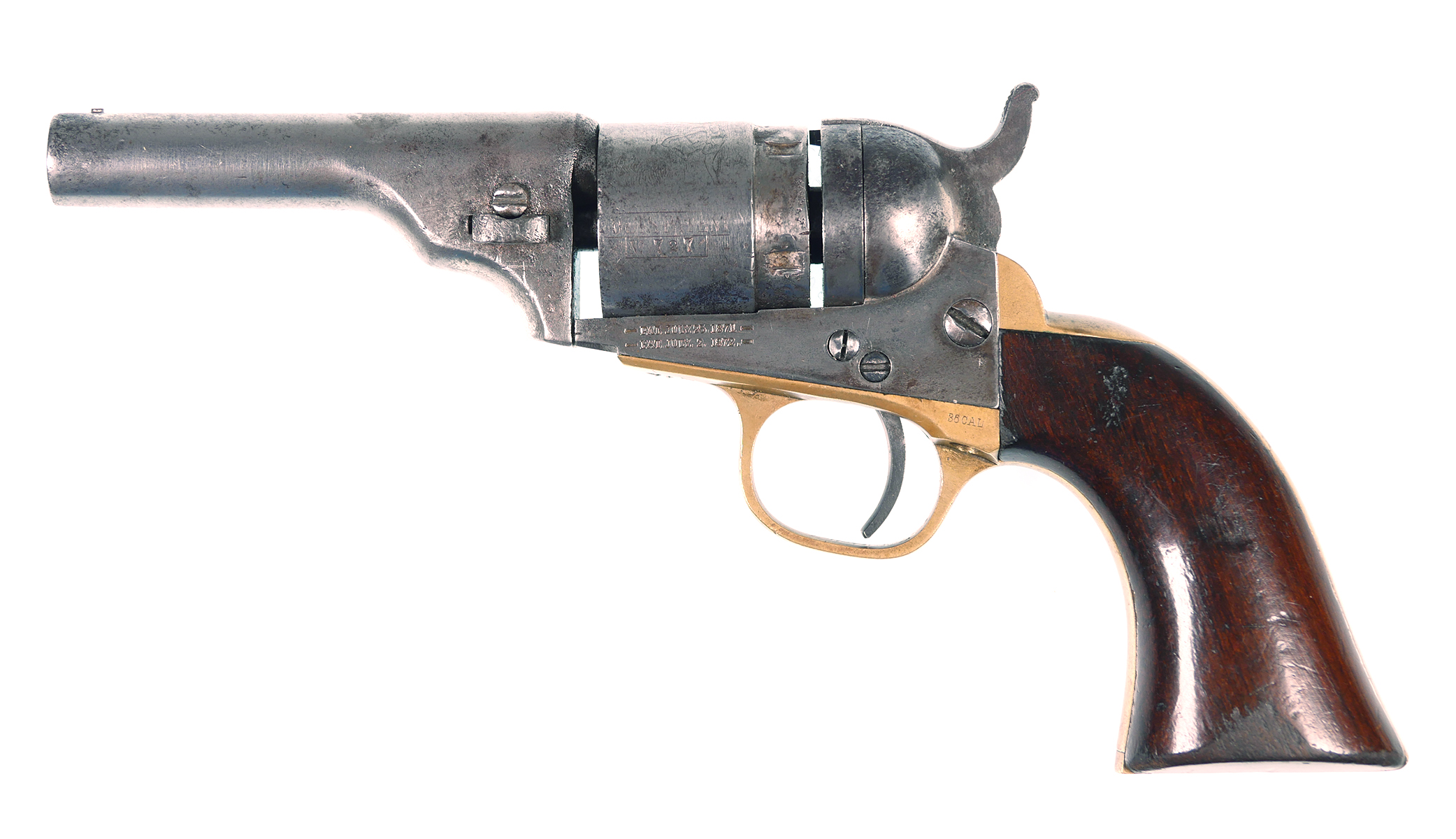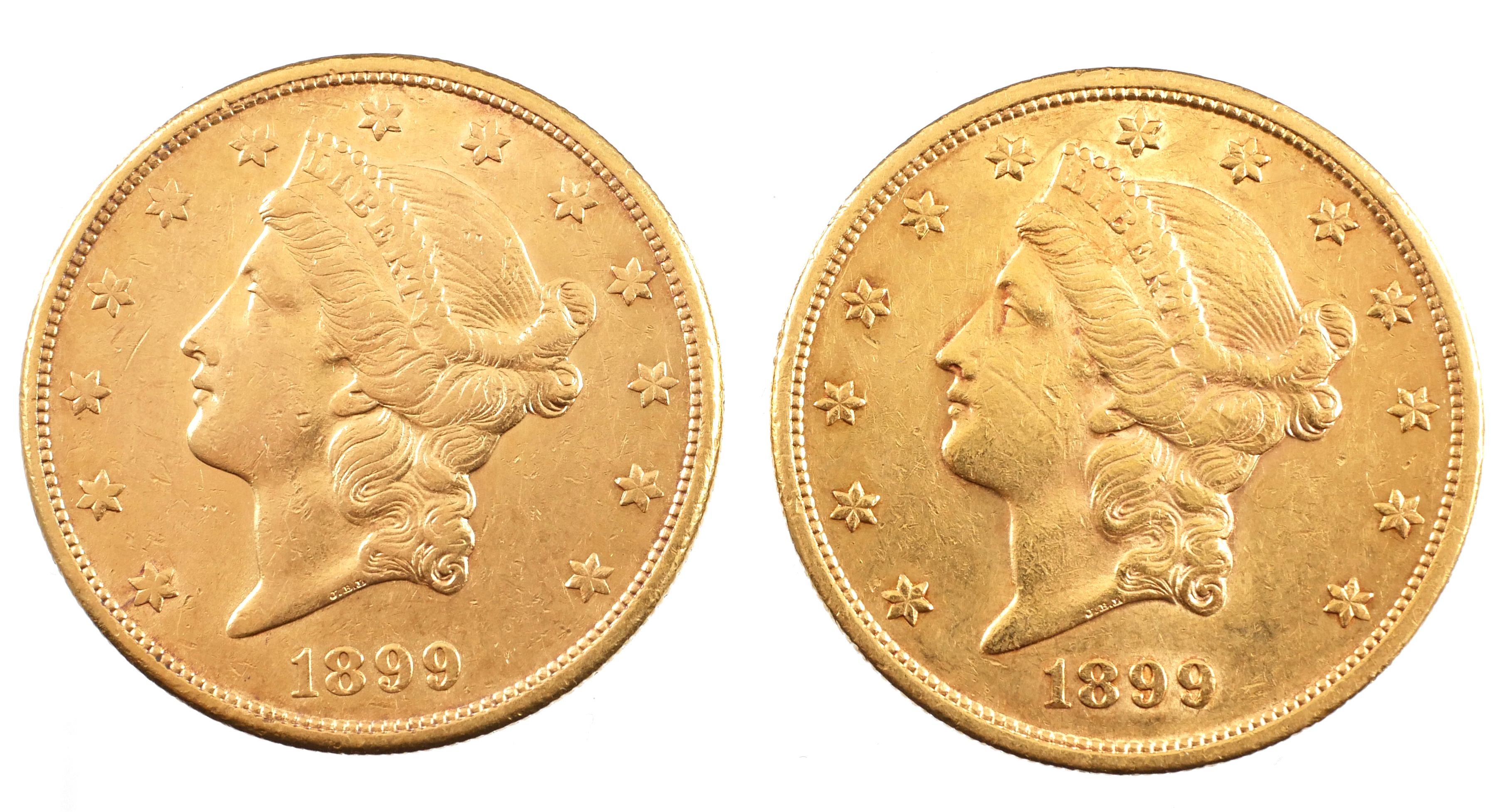Bidding for Beginners
1. There’s a buyer’s premium of 17% for in-house bids.
In addition to whatever the high bid is on an item, the auction house collects 17% more. For example, if you are the high bidder on three items totaling $300, you would pay Blackwell Auctions $351 ($300 + the 17% premium), as well as applicable sales tax. This fee is an industry-standard. Some auction houses charge a lower premium, while some of the larger houses charge 25% fees.

2. You can bid even if you can’t make it to the auction.
Blackwell Auctions accepts absentee or phone bidding, as well as bidding through multiple online venues. An absentee bid (also known as a “left bid”) is when a bidder who is unable to attend the auction leaves the maximum amount they are willing to bid on an item. The auctioneer then bids on their behalf. (In general, the opening bid will be half of the absentee bid amount.) If a bidder would prefer and is able to be actively involved in bidding, Blackwell may call them on the phone a few lots ahead of the lot they want to bid on. Then when the bidding starts, the phone clerk will bid on behalf of the bidder. Please note: For a phone bid, the bidder agrees to open the bidding at $100 or the starting bid, whichever is greater. Blackwell also offers real-time online bidding through five different venues: LiveAuctioneers, Invaluable, Bidsquare and HiBid. We also have a mobile app (iPhone or Android) — check the app provider on your phone for “Blackwell Auctions.”
3. As-Is, Where-Is.
Items sold at auction are almost always sold “as-is,” which means that it is the buyers’ responsibility to examine each piece they buy for any imperfections or flaws. That said, Blackwell Auctions will make every effort to make bidders aware of exactly what they’re buying before they bid. We don’t like unpleasant surprises, and we will never knowingly misrepresent an item as something it’s not.

4. There are no stupid questions.
If you’re not sure about the process, anywhere from start to finish, please ask an auction staff person for help. We’re here to walk you through and make your experience at Blackwell Auctions a pleasant one – and one you’ll want to enjoy regularly.
Auction Jargon
When you start attending auctions, you’ll sometimes hear words or terms used that don’t seem to make much sense.
That wouldn’t be a problem except that not understanding what you’re hearing might mean you’re missing out on the whole experience. Attending auctions and consigning to auctions can be a lot of fun, but it’s best to understand a few basic auction-related terms.
If you encounter one that’s not on the list, feel free to ask a Blackwell Auctions staff person what it means. Remember #4 above: There are no stupid questions!
Source: National Auctioneers Association



